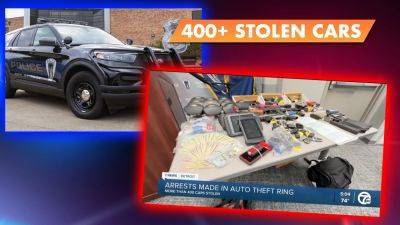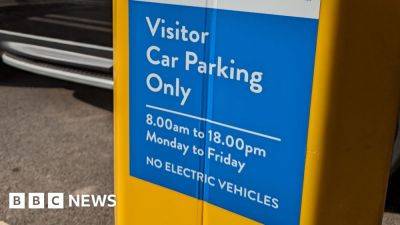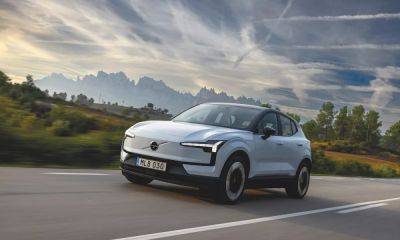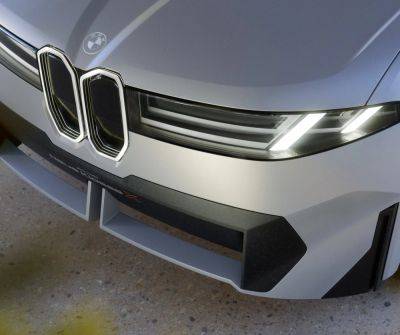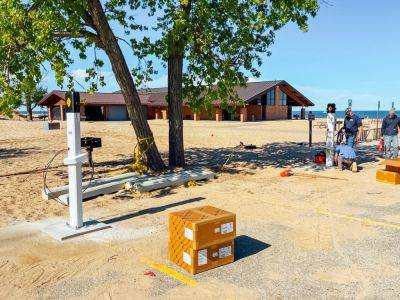Here’s how EVs charge as they drive on a stretch of Michigan road
Charging remains one of the biggest hurdles for mass EV adoption. Public charging infrastructure still isn’t extensive enough to merit driver confidence, and even the fastest chargers still require lengthy stops compared to refueling a gasoline car. But the State of Michigan and Israeli startup Electreon hope to prove that EVs can charge as they drive.
As detailed in a recent CleanTechnica explainer, the Michigan Department of Transportation is demonstrating in-road wireless charging hardware from Electreon on a quarter-mile stretch of 14th Street in Detroit. It’s being billed as the first such roadway in the U.S.
Recommended VideosDynamic wireless charging like this is similar to the static inductive wireless charging systems already offered by some third-party companies. Instead of transmitting electricity through a cable connected to an EV’s charge port, inductive wireless charging sends it from coils in the ground to a receiver on the underside of the vehicle via a magnetic field.
In this case, copper coils are embedded in the road surface. They only activate when a vehicle with a receiver drives or parks over them, and are connected to a grid power source. Vehicles can then continuously charge as they drive, although how much charge they get from this short stretch of road is unclear.
The Michigan DOT is expected to add more segments of electrified road, including a stretch of Detroit’s busy Michigan Avenue. Electreon has also demonstrated its tech with buses in Israel and trucks in Sweden. And in 2023, it announced a collaboration with Toyota and supplier Denso to develop wireless charging for the automaker’s EVs and plug-in hybrids.
This technology has many potential upsides. It could go a long way toward solving current issues with charging infrastructure by lessening the need to stop for charging. EVs relying on electrified roads could also have smaller battery packs, reducing cost, weight, and the need for the raw materials in batteries.
The major downside is the cost and complexity of fitting meaningful roadways with charging hardware — as well as keeping it maintained. Road maintenance is already a


